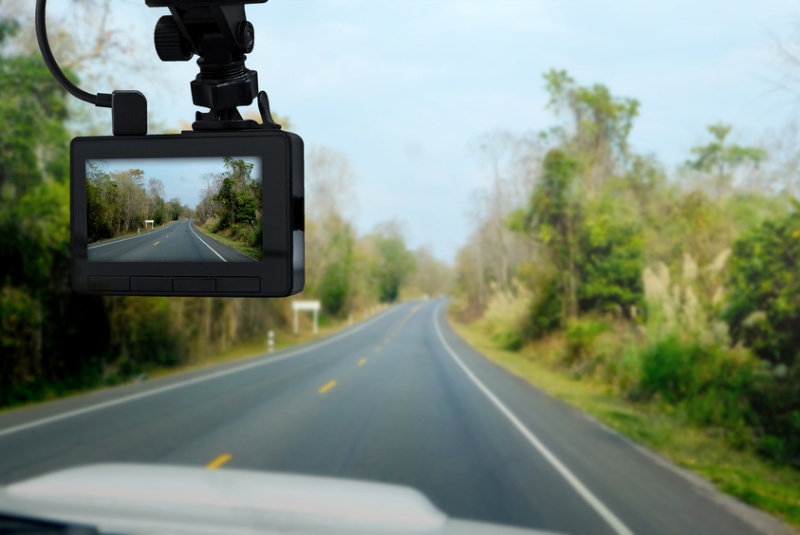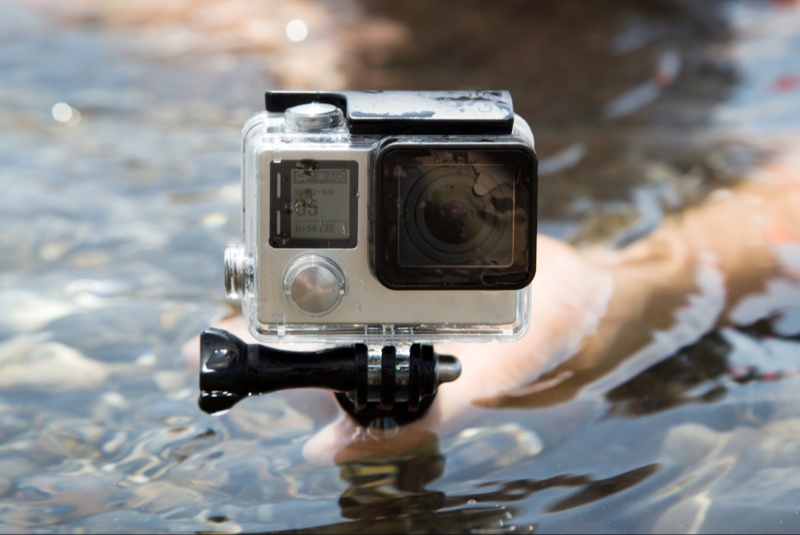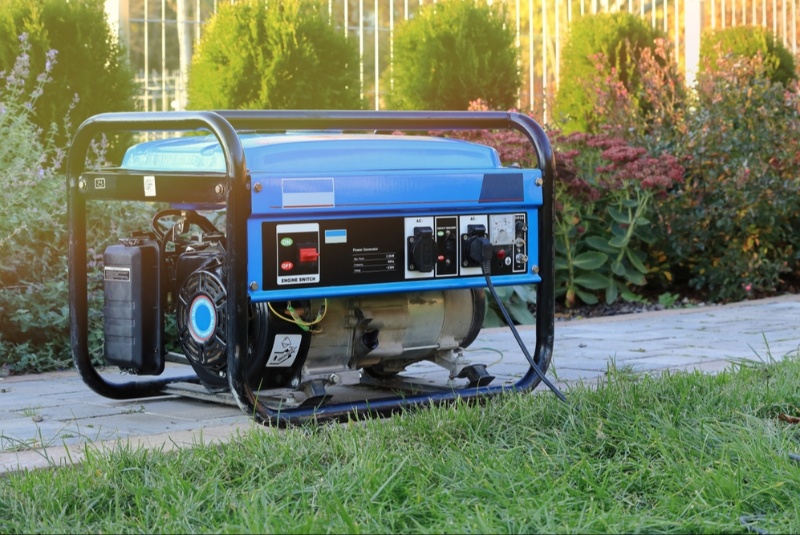Dash cameras, also known as dashboard cameras or dash cams, have become increasingly popular among drivers for their ability to record video footage of the road ahead. Whether you want to capture scenic drives, document accidents, or deter theft and vandalism, choosing the best dash camera for your car is essential. With a wide range of options available on the market, from basic models to advanced features like GPS tracking and Wi-Fi connectivity, it's important to consider your specific needs and preferences when making your selection. Here are some factors to keep in mind to help you choose the best dash camera for your car.
Assess Your Needs and Budget
The first step in choosing a dash camera is to assess your needs and budget. Consider what features are most important to you, such as video resolution, recording time, GPS tracking, parking mode, and Wi-Fi connectivity. Think about how you plan to use the dash camera and what you hope to accomplish with it. For example, if you want to capture clear footage of the road ahead, you may prioritize higher resolution and image quality. If you're concerned about parking lot accidents or vandalism, you may want a dash camera with parking mode and motion detection. Once you have a clear understanding of your needs, set a budget that aligns with your priorities and preferences.
Decide on Camera Placement
Dash cameras can be mounted in various locations inside your car, including the windshield, dashboard, rearview mirror, or rear window. Consider where you want to mount the dash camera and how it will affect your field of view and driving visibility. Windshield-mounted dash cameras are the most common and provide a clear view of the road ahead, but they may obstruct your view or distract you while driving. Dashboard-mounted dash cameras offer a more discreet and unobtrusive option, but they may have limited visibility or capture glare from the sun. Rearview mirror-mounted dash cameras are convenient for capturing both the road ahead and behind you, while rear window-mounted dash cameras are ideal for recording rear-end collisions or parking lot incidents.

Research Video Quality and Resolution
Video quality and resolution are crucial factors to consider when choosing a dash camera. Higher resolution cameras capture clearer and more detailed footage, making it easier to identify license plates, road signs, and other important details. Look for dash cameras with at least 1080p resolution, which provides high-definition video quality and sharp image clarity. Some dash cameras offer even higher resolutions, such as 1440p or 4K, for ultra-high-definition video recording. Keep in mind that higher resolution cameras may require more storage space and processing power, so consider your storage needs and device compatibility when choosing a dash camera.
Evaluate Low-Light Performance
Low-light performance is another important consideration, especially if you plan to drive at night or in low-light conditions. Look for dash cameras with wide dynamic range (WDR) or high dynamic range (HDR) technology, which helps improve image quality and visibility in challenging lighting conditions. Some dash cameras also feature built-in infrared (IR) or night vision capabilities, which enhance visibility and recording quality in complete darkness. Consider your driving habits and the types of environments you'll be driving in to determine the level of low-light performance you need in a dash camera.
Consider Additional Features and Functionality
In addition to basic recording capabilities, many dash cameras offer a range of additional features and functionality to enhance your driving experience and provide added peace of mind. Some common features to consider include GPS tracking, which records your speed, location, and route information, as well as Wi-Fi connectivity, which allows you to transfer footage wirelessly to your smartphone or computer. Other useful features include parking mode, which monitors your car while parked and records footage of any incidents or accidents, and motion detection, which triggers recording when motion is detected near your vehicle. Evaluate the features and functionality of different dash cameras to determine which ones are most important to you and align with your needs and preferences.
Read Customer Reviews and Ratings
Before making a purchase, take the time to read customer reviews and ratings of different dash camera models to get an idea of their performance, reliability, and user satisfaction. Look for feedback from drivers who have installed and used the dash cameras in real-world driving conditions to gauge their experiences and identify any potential issues or drawbacks. Pay attention to comments about video quality, reliability, ease of use, and overall user experience to help you make an informed decision. Websites like Amazon, Best Buy, and Consumer Reports are excellent resources for finding unbiased reviews and ratings of dash cameras.
Installation and Setup Process
Consider the installation and setup process when choosing a dash camera for your car, especially if you plan to install it yourself. Most dash cameras are designed to be easy to install and set up, with simple mounting options and plug-and-play functionality. However, some dash cameras may require more extensive installation involving wiring and power connections, especially if you choose a model with additional features like GPS tracking or parking mode. Choose a dash camera with clear installation instructions and user-friendly setup processes to ensure a smooth and hassle-free installation experience.
Warranty and Customer Support
When purchasing a dash camera, consider the warranty and customer support offered by the manufacturer or retailer. Look for dash cameras backed by generous warranty policies that cover defects in materials and workmanship for an extended period. Additionally, choose a reputable manufacturer with responsive customer support channels, including phone, email, and online chat, to assist you with any questions, concerns, or technical issues that may arise during installation or use. A reliable warranty and excellent customer support can provide added peace of mind and ensure that you're satisfied with your purchase for years to come.
Choosing the best dash camera for your car requires careful consideration of factors such as your specific needs and budget, camera placement, video quality and resolution, low-light performance, additional features and functionality, customer reviews and ratings, installation and setup process, and warranty and customer support. By assessing these factors and researching different dash camera options, you can find the perfect dash camera to enhance your driving experience, improve safety and security, and provide valuable video footage in the event of an accident or incident on the road. Whether you prioritize high-resolution video recording, advanced features like GPS tracking and Wi-Fi connectivity, or easy installation and setup, investing in the right dash camera can provide added peace of mind and protection for you and your vehicle.




